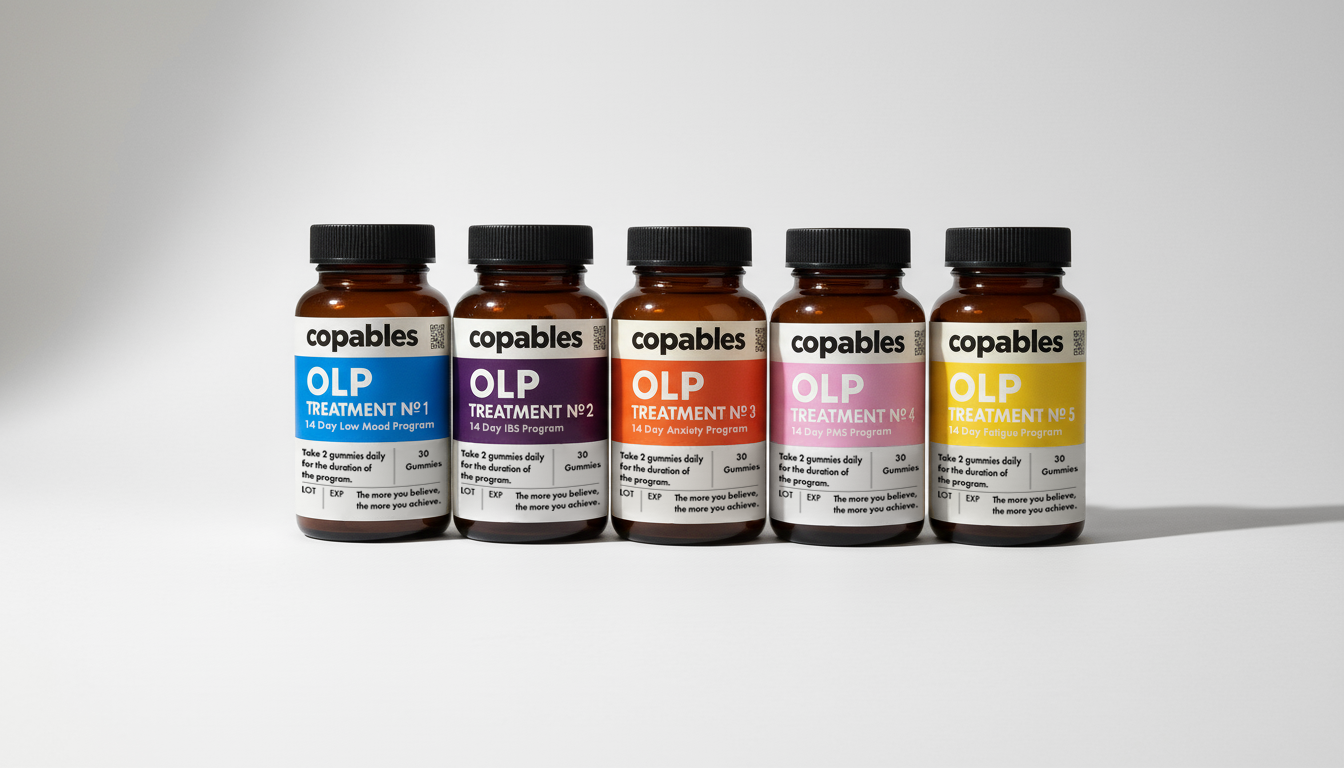
In 2012, a group of researchers at Massachusetts General Hospital did something that should have been impossible. They walked into a room full of people suffering from major depression and said, essentially, "We're going to give you pills that contain absolutely nothing—no active ingredients, no chemicals, just sugar and starch. And they might help you feel better."
What happened next defied everything we thought we knew about medicine.
The patients—twenty adults with moderate to severe depression—not only agreed to take the clearly labeled "placebo pills," but after four weeks, their depression scores dropped by 3.25 points on the Hamilton Depression Scale. That might not sound dramatic, but in the world of psychiatric medicine, it was extraordinary. The study, led by researcher Irving Kirsch, recruited patients faster than any depression trial in the hospital's history—4.13 patients per month compared to the usual 2.55. People were literally lining up to take fake medicine.
This wasn't supposed to work. The placebo effect, as we've understood it for decades, depends on a kind of benevolent deception. Patients improve because they believe they're receiving real treatment. Remove the belief—tell them it's just a sugar pill—and the magic should disappear.
But that's not what happened.
Consider what unfolded in Austria ten years later. Researcher Anne Schienle took sixty patients receiving cognitive behavioral therapy for depression and split them into two groups. Half received standard CBT. The other half got CBT plus daily drops of clearly labeled placebo oil before their relaxation homework. The group taking the honest placebos showed a 44% greater reduction in depression symptoms—a difference of 2.4 points on depression scales. Even more striking, they practiced their homework 23% more often than the therapy-only group.
Or take the German study that found when healthy women were told they were receiving an inert nasal spray before being exposed to sadness-inducing stimuli, their emotional distress was reduced by nearly 0.8 standard deviations compared to controls—a large effect that happened immediately after just one dose.
The pattern is unmistakable, but how do we explain it?
The answer lies in a fundamental misunderstanding about the nature of belief itself. We've been thinking about placebo effects all wrong. It's not that patients need to believe the treatment is real—it's that they need to believe in the possibility of feeling better.
When Ted Kaptchuk, the Harvard researcher who pioneered much of this work, explains open-label placebos to patients, he doesn't lie about their contents. Instead, he shares a different kind of truth: that placebo effects are real, measurable, and can be triggered even when you know what's happening. He tells them that taking pills creates rituals and expectations, that the mind-body connection is powerful, and that simply participating in their own healing can create physiological changes.
This reframes the entire transaction. Instead of "fooling" patients, doctors are inviting them into a partnership. The pill becomes a symbol—not of deception, but of agency. The act of taking it twice daily becomes a commitment to healing rather than passive consumption of medicine.
What's most remarkable is how readily people accept this invitation. In Schienle's study, 70% of patients rated their placebo treatment as at least "quite effective". They weren't deluded; they were activated.
This points to something profound about human psychology: we are not passive recipients of medical treatment but active participants in our own healing. The open-label placebo works because it acknowledges this partnership explicitly. It says, "Your mind has healing power, and this ritual will help you access it."
Perhaps the most revolutionary implication isn't that sugar pills can work without deception—it's that healing isn't something done to us by medicine, but something we do with medicine. The pill doesn't cure; the taking of it does. The treatment isn't in the capsule; it's in the choosing to believe that feeling better is possible.
In the end, the greatest placebo effect might be our own capacity for hope.